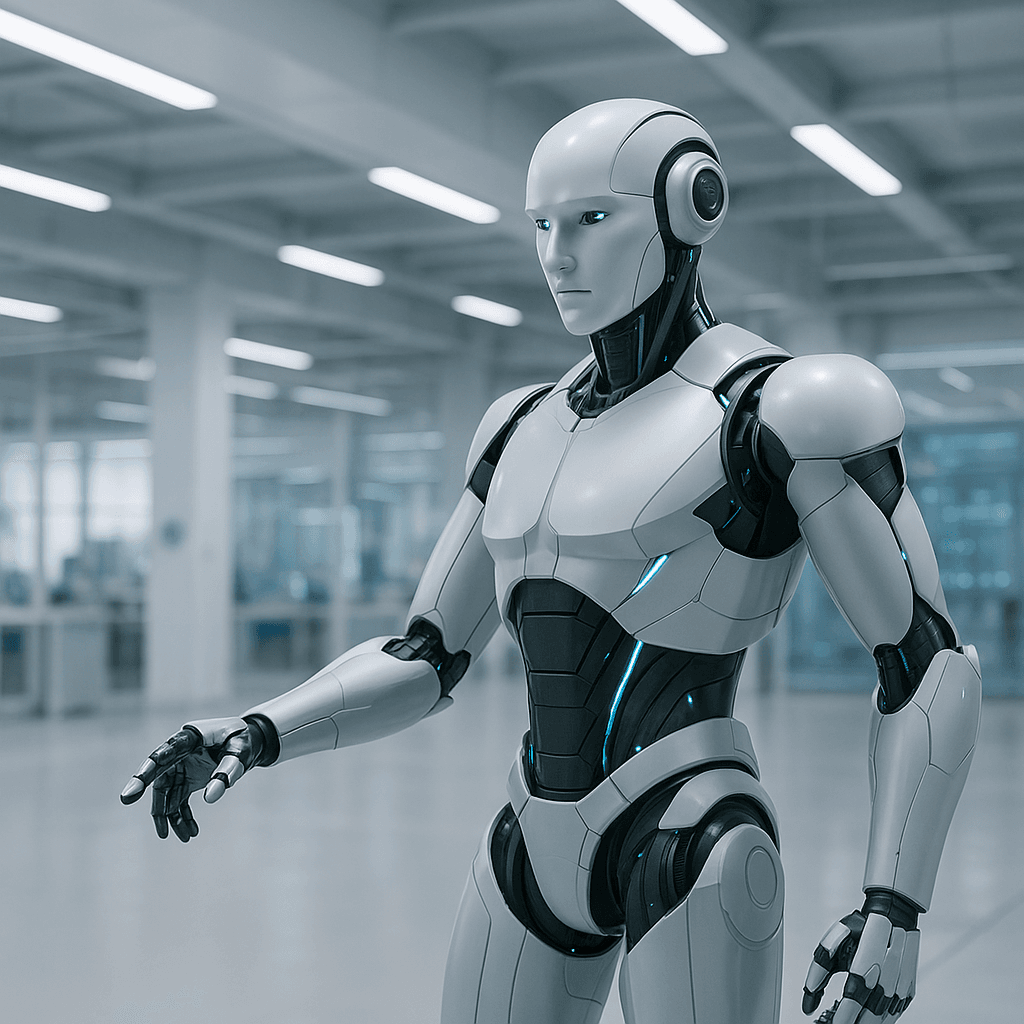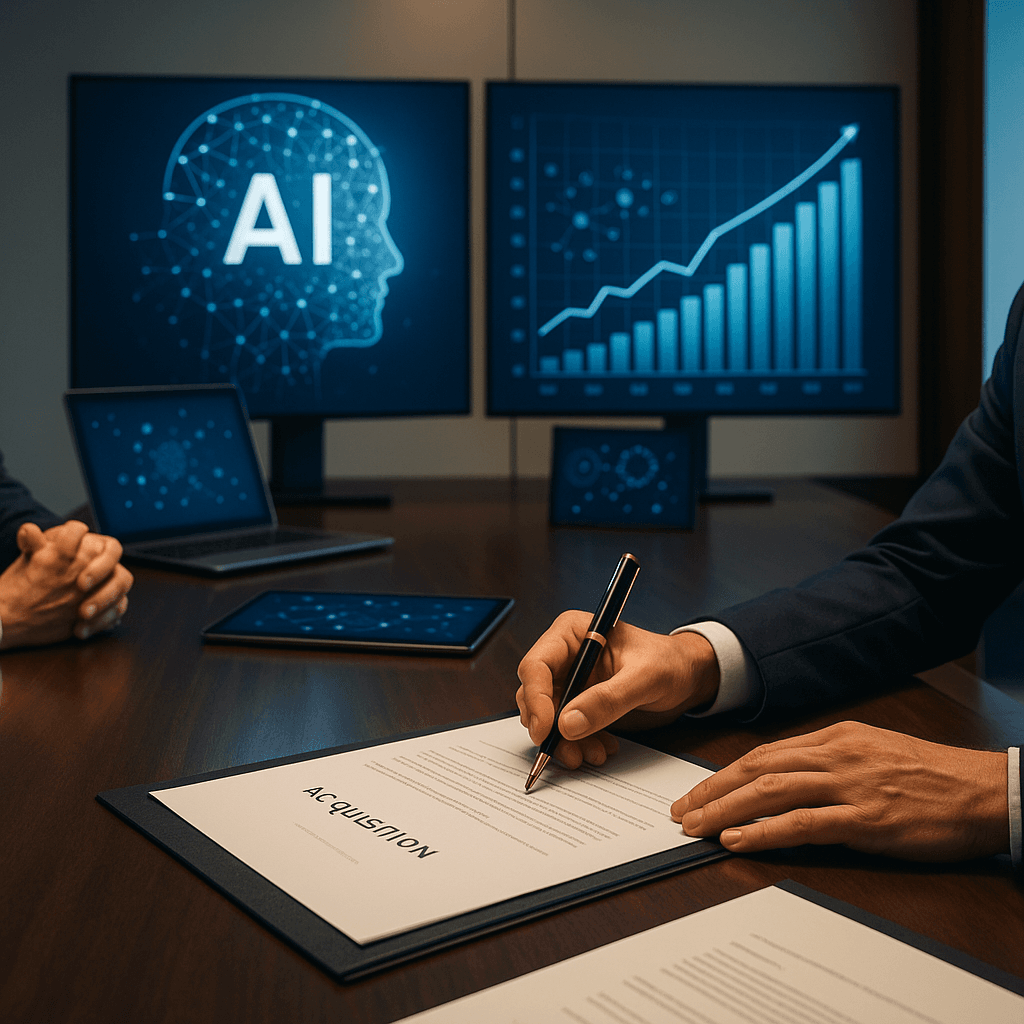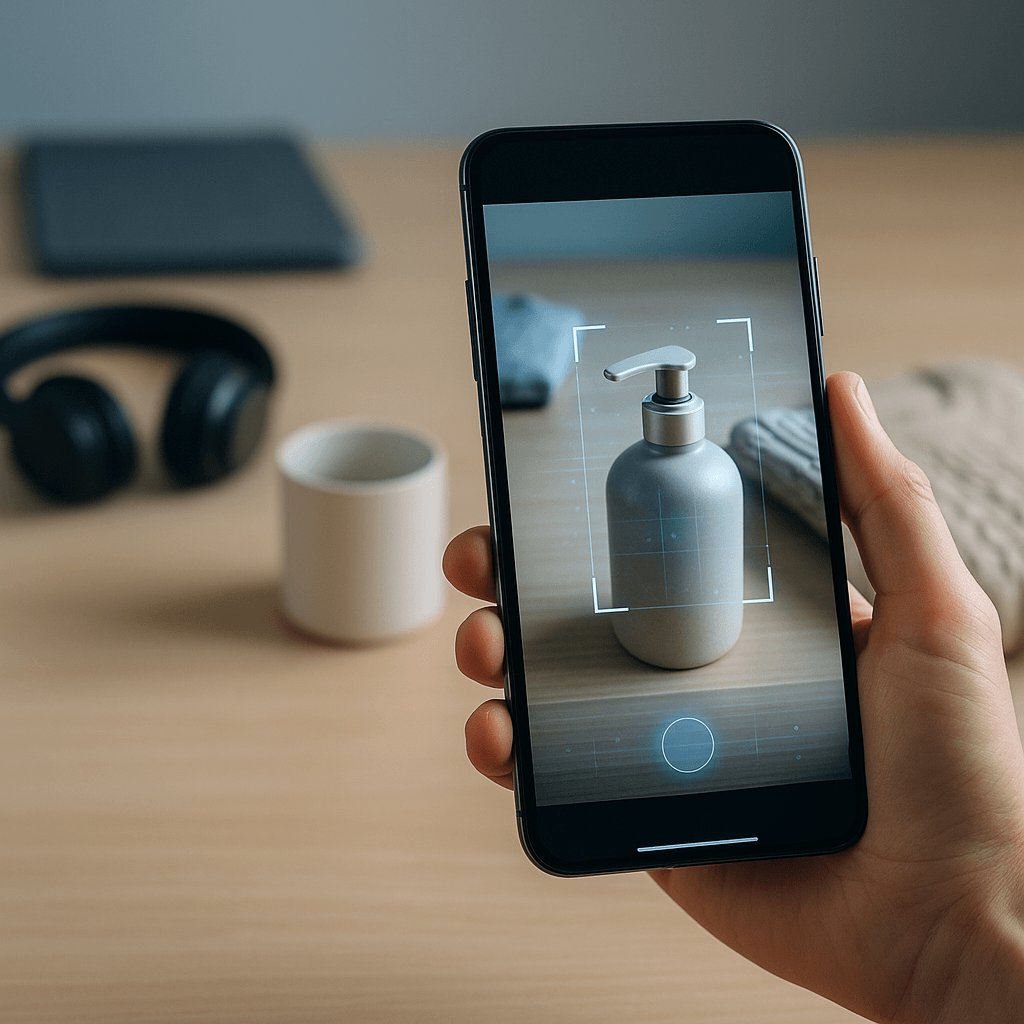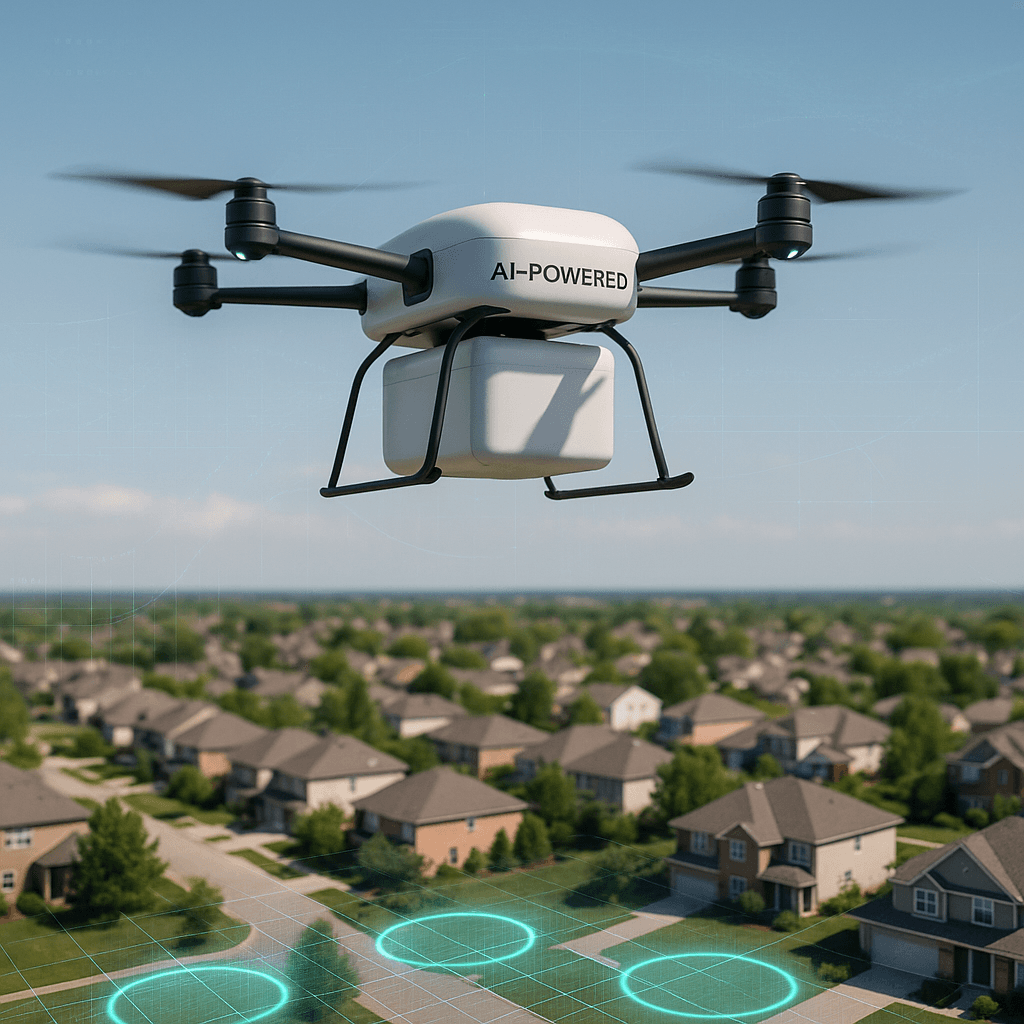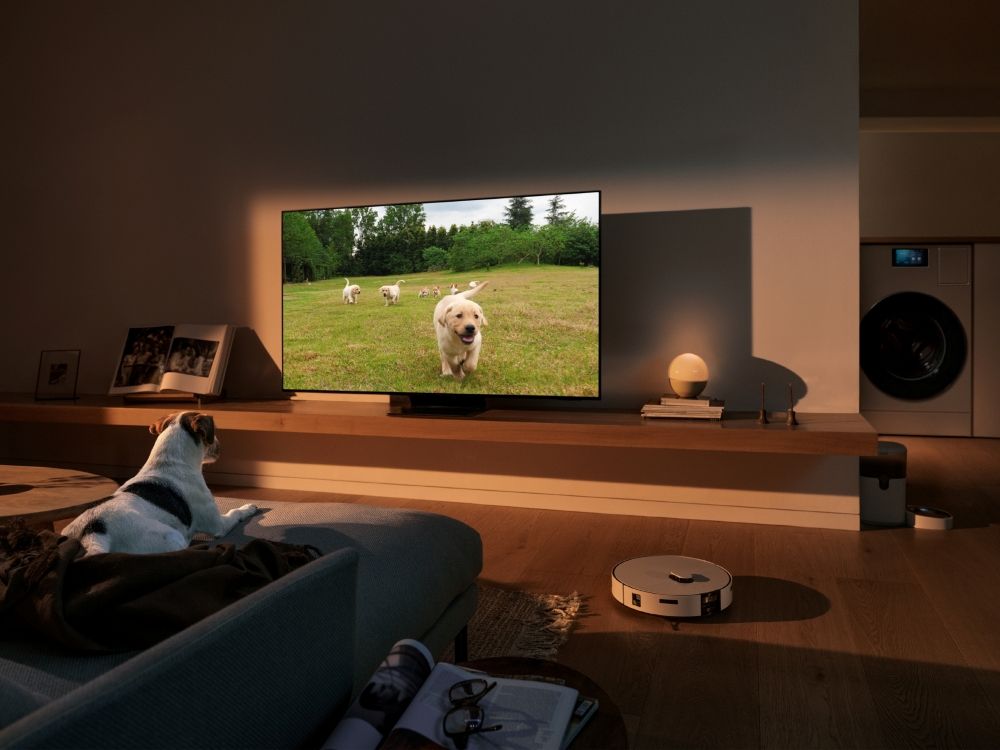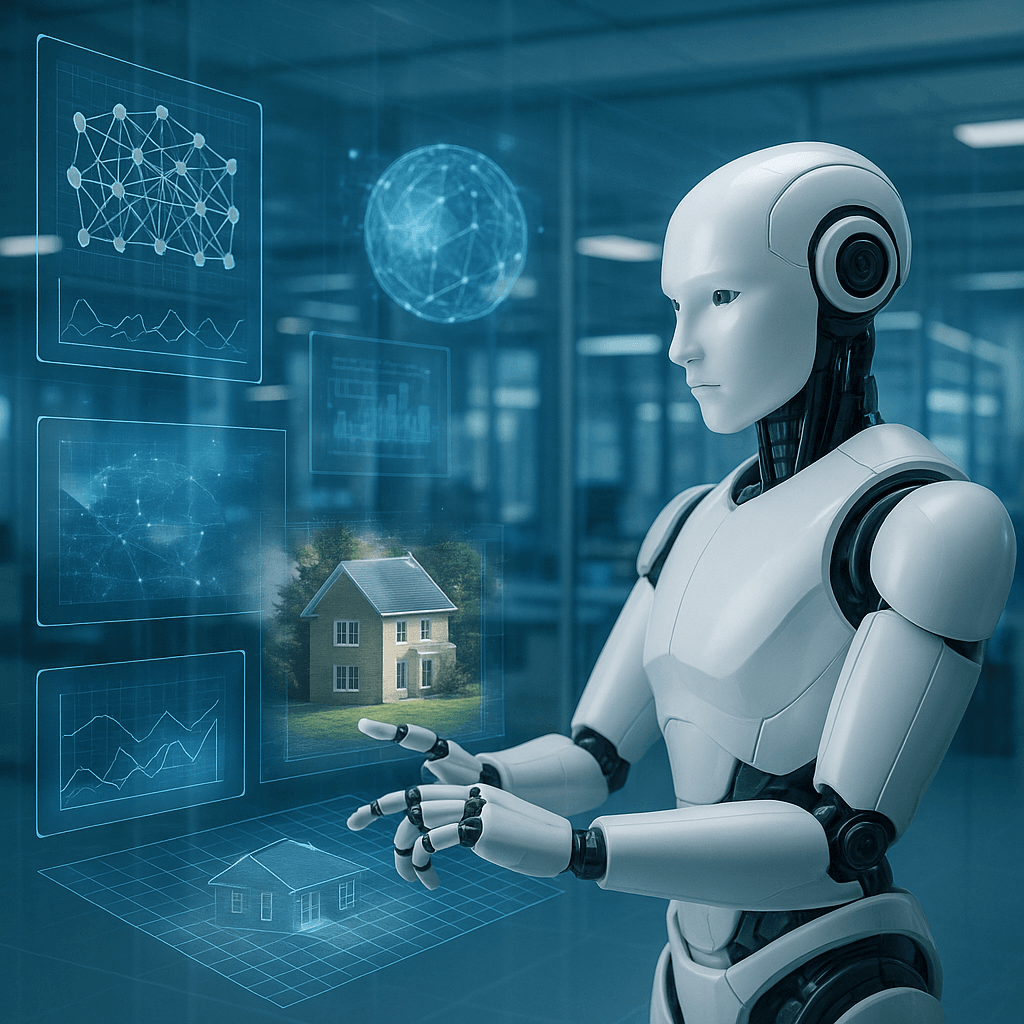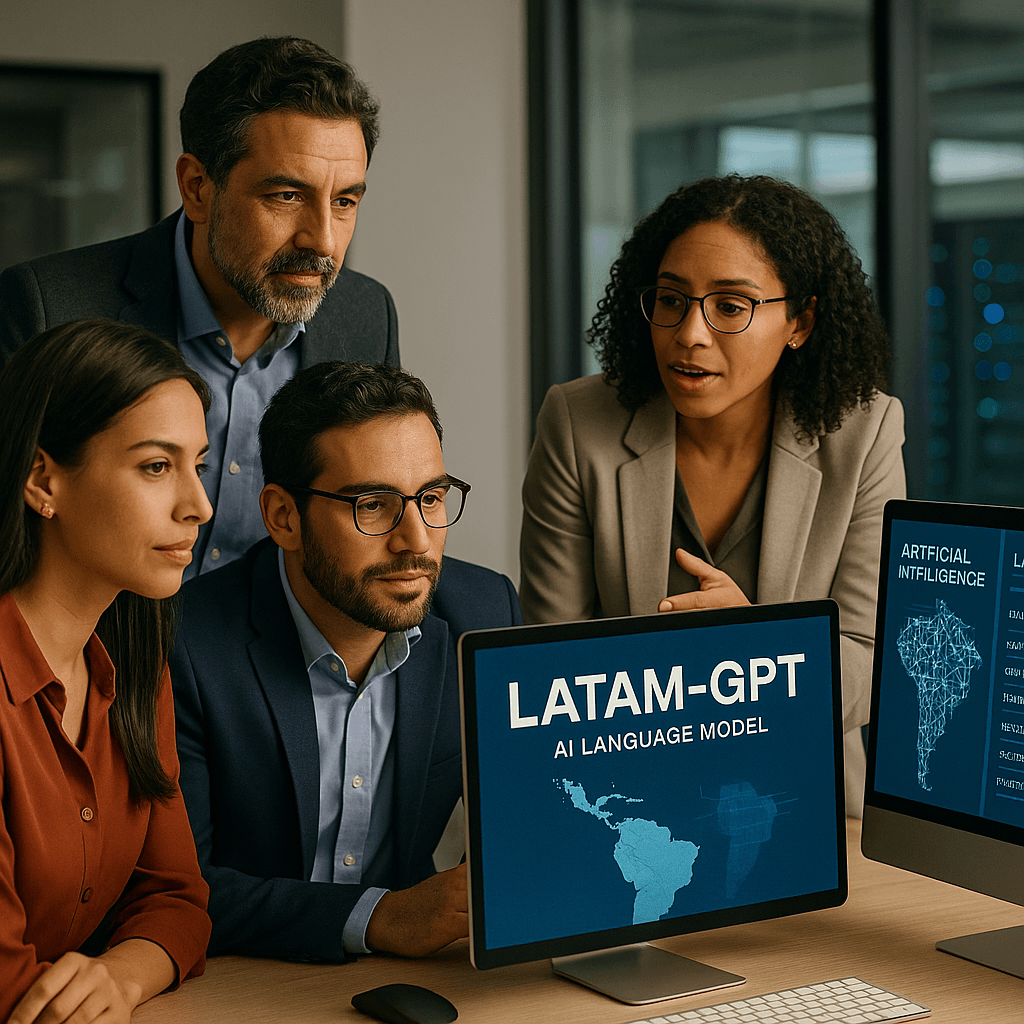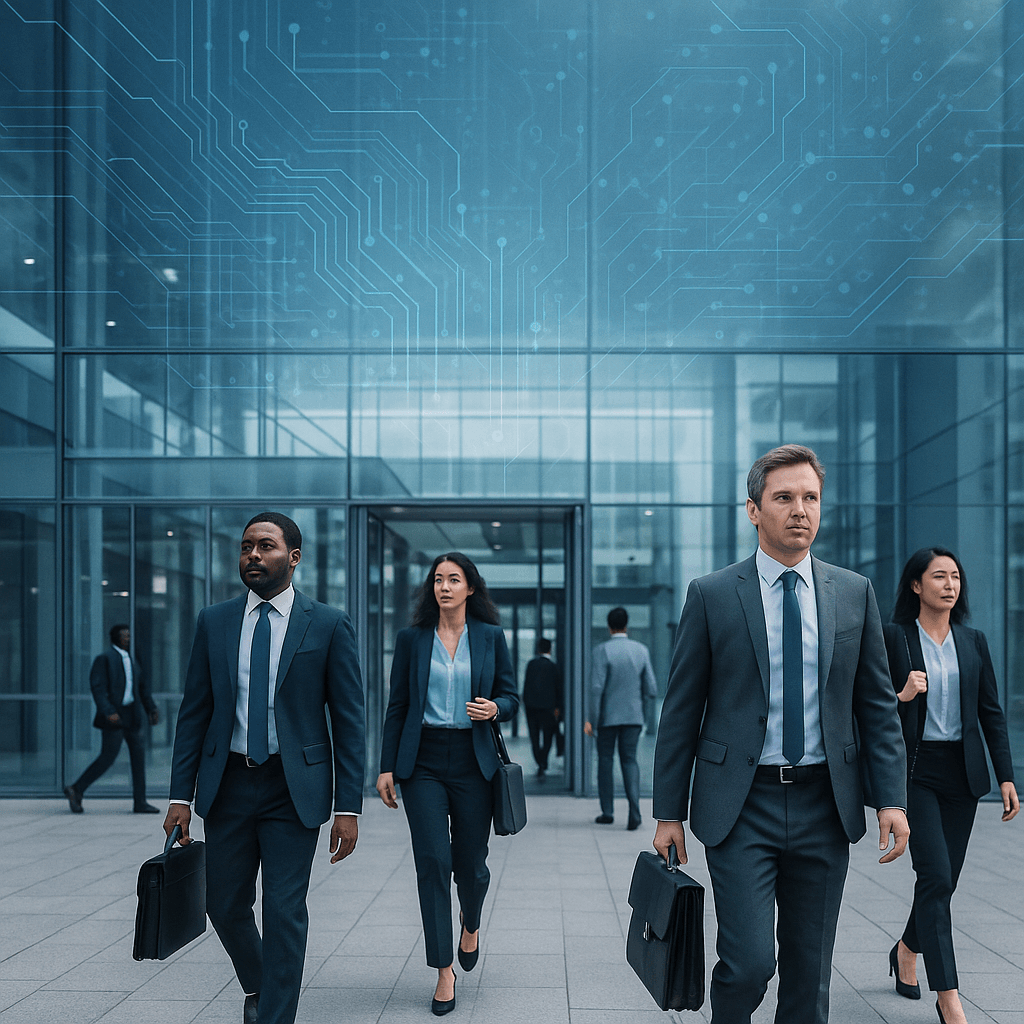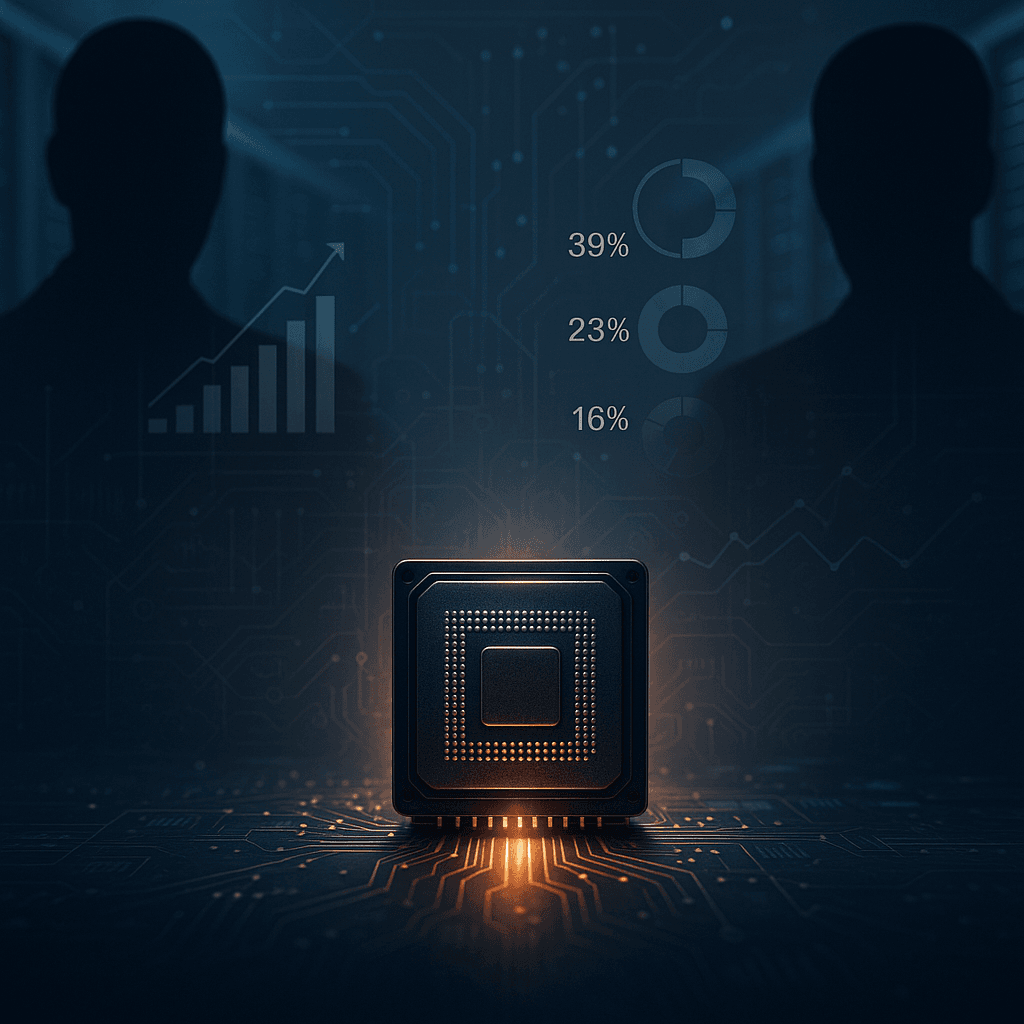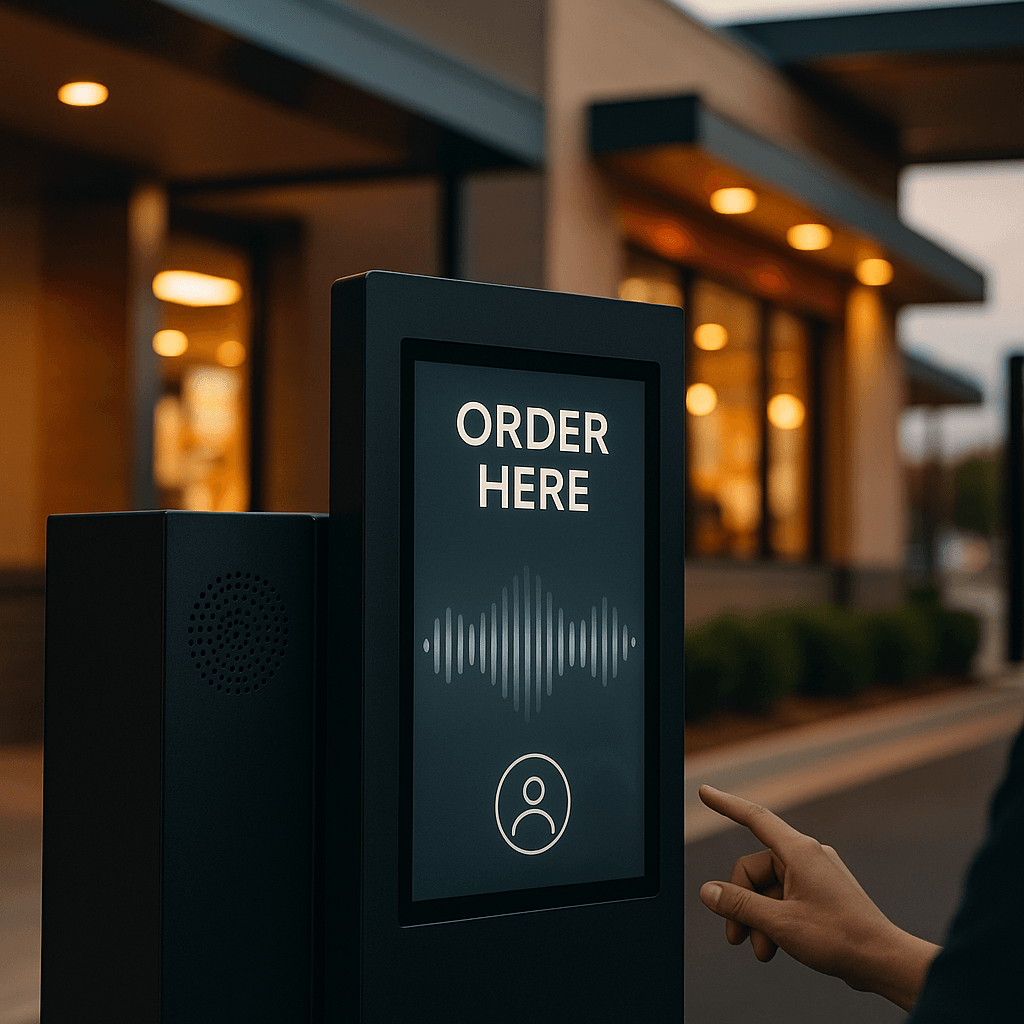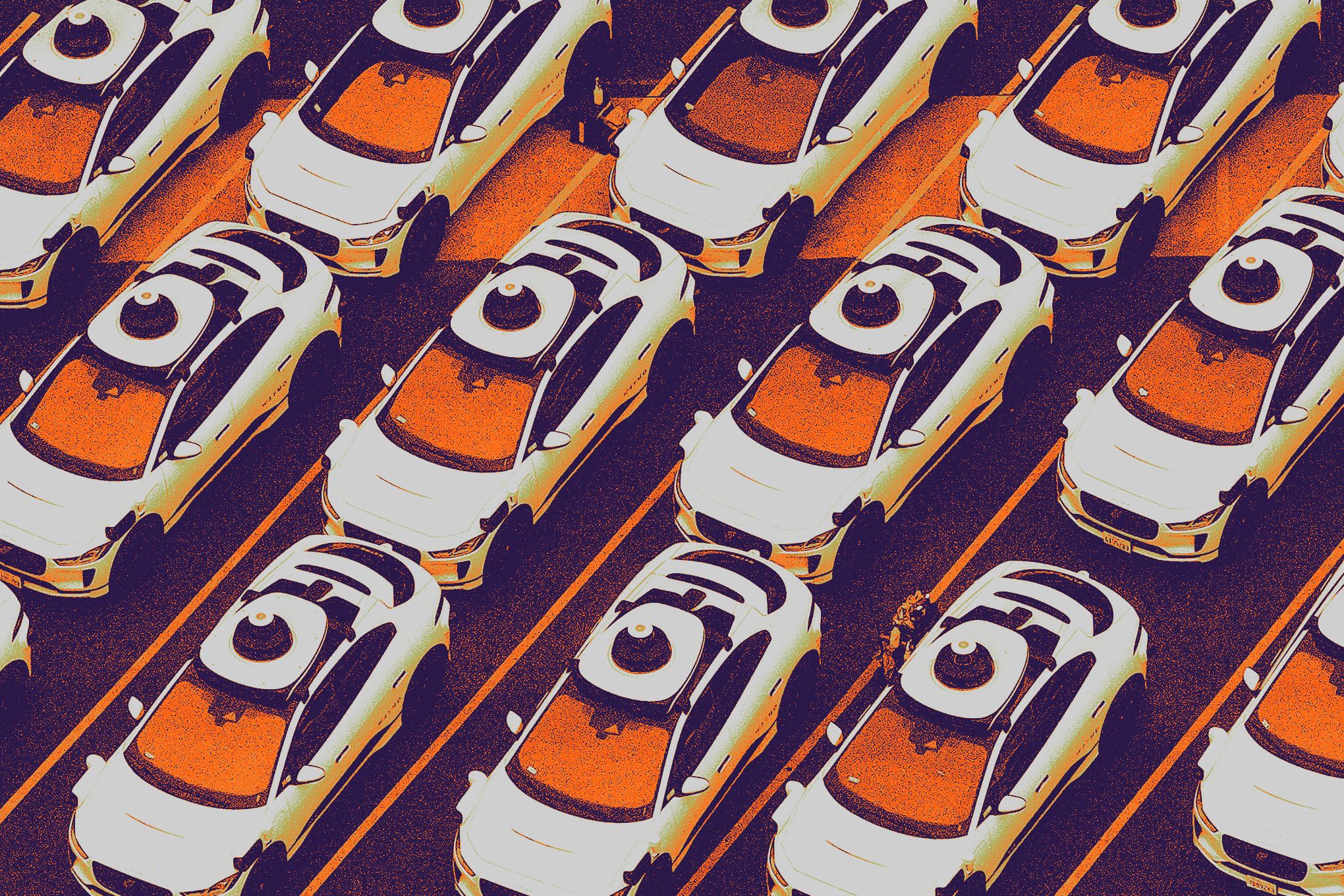Tesla CEO Elon Musk made a bold prediction Monday that will reshape how Wall Street values the struggling automaker: 80% of Tesla's future worth will come from Optimus humanoid robots that haven't even reached market yet. The statement comes as Tesla battles multi-quarter sales declines and intensifying competition from Chinese EV makers.
Tesla CEO Elon Musk just threw down the ultimate Silicon Valley moonshot. In a post on X Monday, the world's richest person declared that roughly 80% of his automaker's value will eventually come from Optimus humanoid robots—products that don't exist in any commercial form today. The audacious prediction landed as Tesla struggles through its worst sales performance in years, with investors increasingly questioning whether the company's $800 billion valuation makes sense for what's essentially become a declining EV manufacturer. Musk's latest gambit doubles down on a strategy he's been pushing since mid-2024, when he claimed Optimus could transform Tesla into a $25 trillion company—a valuation that would exceed half the entire S&P 500's worth at the time. The timing couldn't be more critical. Tesla just reported another quarter of disappointing sales, pressured by cheaper Chinese competitors like BYD and an aging vehicle lineup that hasn't seen major updates in years. Add Musk's controversial political involvement with the Trump administration, and the company desperately needs a new narrative to justify its premium valuation. "It is important to note that Tesla is by far the best in the world at real-world AI," Musk told analysts during July's earnings call, positioning the company as more than just another automaker. But here's the problem: Tesla is playing significant catch-up in both robotaxis and humanoid robots. While Musk talks about future dominance, Alphabet's Waymo has already reached 10 million paid robotaxi trips across multiple markets. Tesla's Full Self-Driving program is still limited to basic testing in Austin and San Francisco, with recent surveys showing the technology turns off more consumers than it attracts. The humanoid robot landscape looks even more challenging. Chinese companies like Unitree recently dominated the World Humanoid Robot Games, while established players like Boston Dynamics, Agility Robotics, and race toward commercial deployment. Optimus program hit a setback in June when Milan Kovac, the company's VP of robotics, at the company. Despite the leadership void, maintains aggressive production targets. Musk announced plans to manufacture 5,000 Optimus units this year, with the company's first-quarter shareholder deck promising "builds of Optimus on our Fremont pilot production line in 2025, with wider deployment of bots doing useful work across our factories." The strategy reflects Musk's pattern of using futuristic promises to sustain investor confidence during operational challenges. stock has historically rallied on AI and robotics announcements, even as core automotive metrics disappoint. Industry experts remain skeptical about the timeline and market viability. "Useful but flawed, humanoid robots could achieve autonomy by 2027," Bernt Børnich recently told CNBC, suggesting the field remains years from meaningful commercialization. For , the Optimus bet represents either visionary leadership or dangerous distraction from core business fundamentals. With EV sales declining and competition intensifying, Musk's 80% prediction will soon face the ultimate test: whether Wall Street continues buying the robotics dream while automotive reality grows increasingly challenging.
